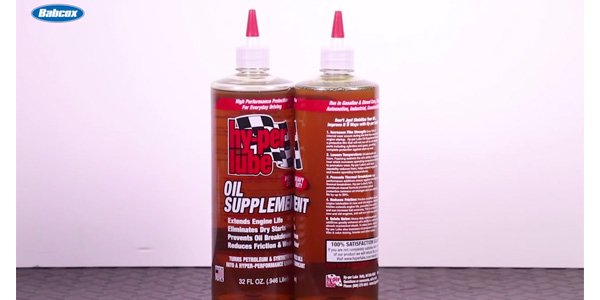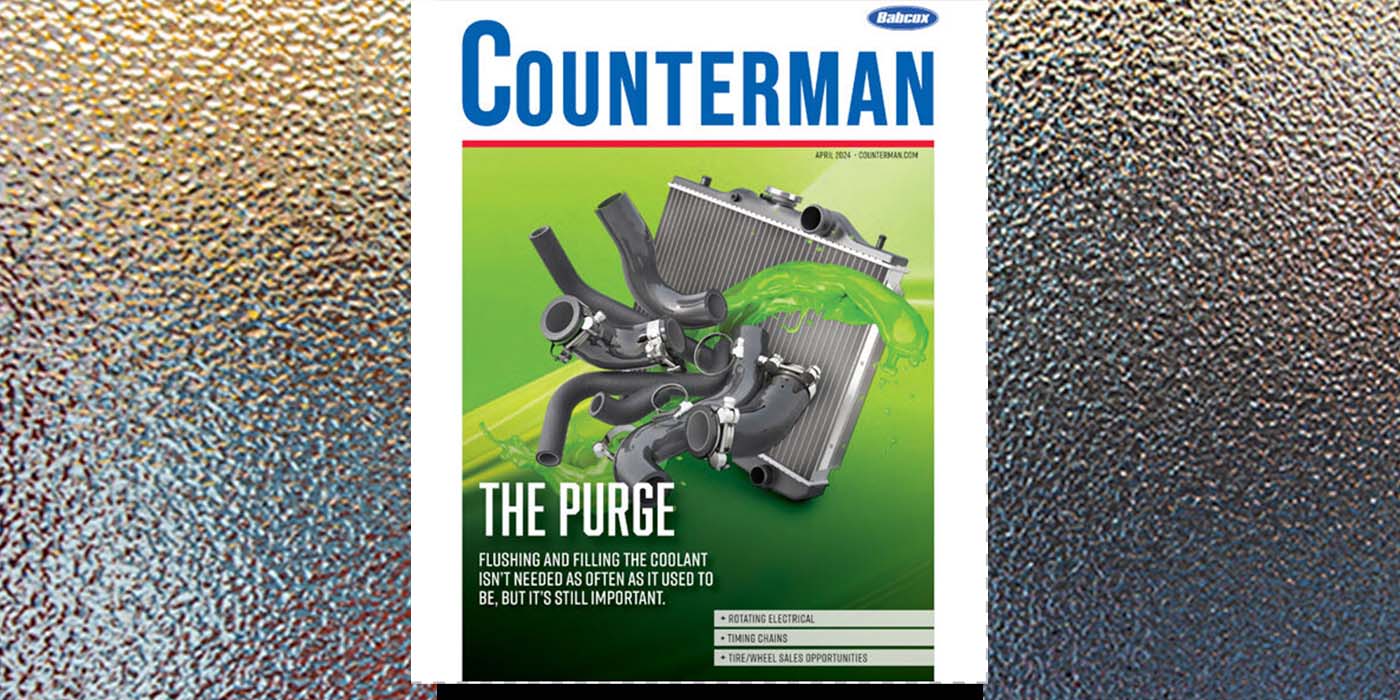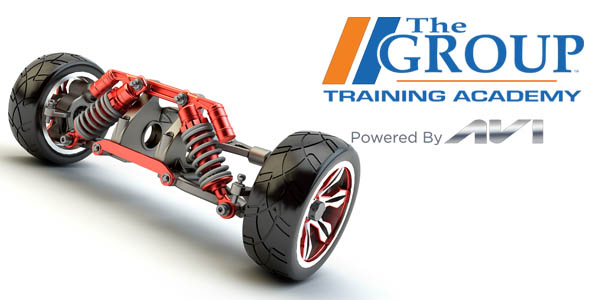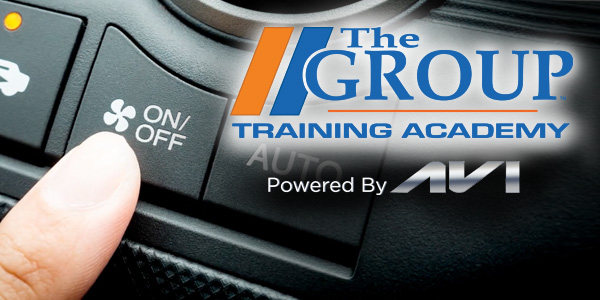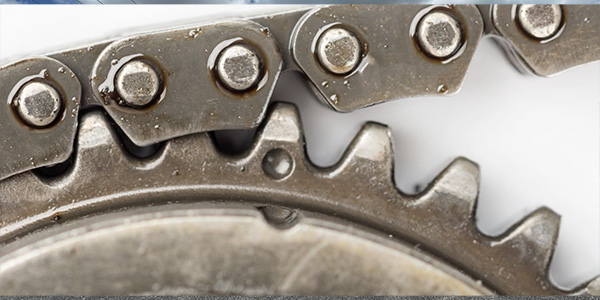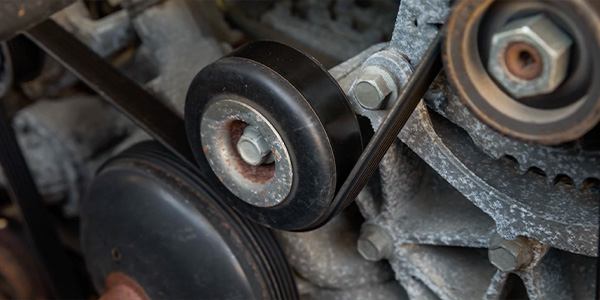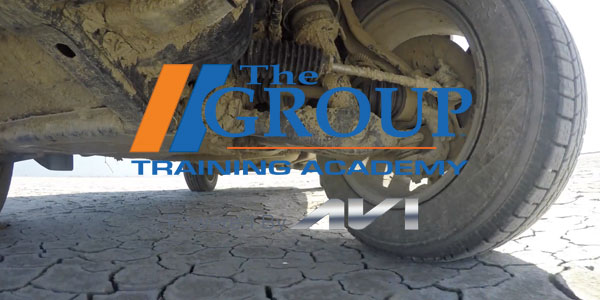This video is sponsored by Bar’s Leaks.
Using an oil additive to stabilize an engine’s oil is a good move. But you can help your customers take their do-it-yourself mechanic skills to the next level by recommending an oil additive that actually improves their oil too.
Hy-per Lube oil supplement leaves a defensive film on internal engine parts to eliminate startup wear and improve oil and engine performance. It also helps restore horsepower and torque and quiets noisy engines, making high-mileage engines run better and last longer.
Hy-per Lube oil additive protects engine oil between scheduled oil changes, extends the oil’s service life by as much as 50% and restores fuel economy.
This petroleum-based formula will not void new-car warranties and is compatible with all petroleum and synthetic oils. Any DIYer can grab it off the shelf, add it to their vehicle’s oil and feel the difference.
Help your customers improve the performance and longevity of their engines by recommending Hy-per Lube oil supplement. It doesn’t just stabilize oil; it improves it.
For more information, visit hyperlube.com.

